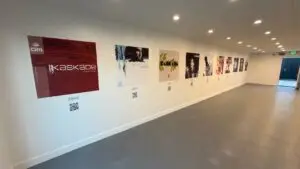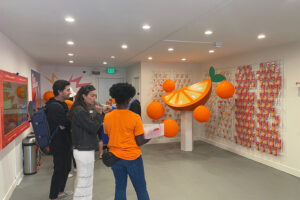Ideas For Pop-Up Lecture Events
Looking for a unique and engaging way to share knowledge and insights with your audience? Look no further than AK Pop-Up’s Pop-Up Lecture events. These events provide a dynamic and immersive experience for both speakers and attendees, fostering an environment of learning and collaboration.
1. Interactive Speaker Series
Bring together industry experts and thought leaders for a series of interactive lectures. Each session can focus on a specific topic or theme, allowing attendees to dive deep into the subject matter and engage in meaningful discussions. With AK Pop-Up’s state-of-the-art audiovisual equipment and flexible event space, speakers can deliver their presentations with impact, while attendees can actively participate through Q&A sessions and interactive activities.
2. TEDx-style Talks
Embrace the power of storytelling and inspire your audience with TEDx-style talks. Invite speakers from various backgrounds to share their unique perspectives and experiences. AK Pop-Up’s intimate setting and cozy ambiance create the perfect atmosphere for thought-provoking discussions. Whether it’s technology, art, or social issues, these talks will leave a lasting impression on attendees, sparking new ideas and fostering connections.
3. Panel Discussions
Bring together a panel of experts to discuss hot topics and trends in your industry. AK Pop-Up’s versatile event space can be transformed into a comfortable and inclusive setting, allowing for engaging conversations and diverse viewpoints. From thought-provoking debates to collaborative problem-solving sessions, panel discussions at AK Pop-Up will provide valuable insights and networking opportunities for attendees.







